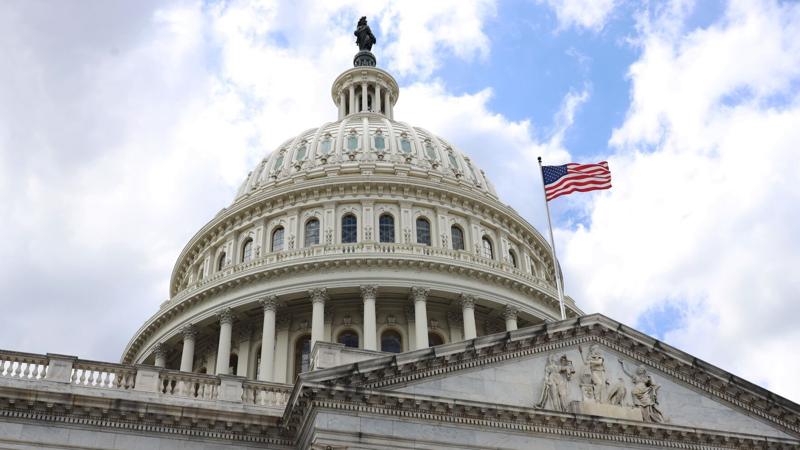Families whose loved ones died from fentanyl overdoses have petitioned the office of U.S. Trade Representative Katherine Tai, seeking an investigation into China’s role in the U.S. synthetic opioid crisis.
The families are seeking trade countermeasures, including tariffs of at least $50 billion on Chinese merchandise.
The petition under the Trade Act of 1974 calls for an investigation “to address the unjustified and unreasonable acts, policies, and practices of the government of the People’s Republic of China and PRC entities concerning the production and shipment of illicit fentanyl and fentanyl precursors that burden or restrict U.S. commerce,” according to the 132-page petition.
The group, Facing Fentanyl, is a coalition of families and advocacy organizations including: Voices for Awareness, Victims Of Illicit Drugs and Families Against Fentanyl.
The PRC – its government and companies – is engaged in a devastating and unrelenting attack on the United States through the export of illicit fentanyl, a lethal poison,” according to the group’s petition. “There is ample literature – objective and unrefuted studies – that demonstrate the extent to which the PRC’s exports of fentanyl have devastated and continue to devastate American communities, citizens, and commerce.”
The Center Square has reported that the precursors to fentanyl are manufactured in China and shipped to Mexican drug cartels, which then produce the fentanyl and smuggle the deadly drug into the U.S.
The petition also alleges that China’s “illicit fentanyl is often specifically engineered by PRC entities to kill and kill rapidly, and it is dramatically different than medicinal fentanyl used by hospitals and medical professionals for pain treatment.”
The group filed the petition under Section 301 of the Trade Act of 1974. That statute allows the U.S. to impose sanctions on countries that violate trade agreements or hurt U.S. commerce. The families are seeking trade countermeasures, including tariffs of at least $50 billion on Chinese merchandise.
The Centers for Disease Control and Prevention’s provisional estimated overdose deaths in 2023 declined about 3.1% to 107,543. That’s down from 111,029 in 2022. Two out of every three deaths involved synthetic opioids such as fentanyl, a cheap and potent opioid.
The petitioners wrote that “it is imperative that the [Office of the United States Trade Representative] exercise its authority under the Act to ensure that the PRC takes all actions in its power to end the production and export of illicit fentanyl.”
“Taking action includes the USTR leveraging the Act to impose economic costs on the PRC government to compel it to end its harmful practices, rather than enacting ineffective stop-gap measures designed to disguise the breadth of the PRC’s policies,” the petition said. “Taking such action will also enable the American people to potentially recover the economic costs that U.S. companies, families, communities, and local, state, and federal governments are bearing to combat the spread of illicit fentanyl, to continue and expand fentanyl prevention programs, and to treat those injured that require medical treatment as a result of the ingestion of this poison.”
In 2022, the U.S. Congress Joint Economic Committee found the opioid epidemic cost the United States a record of nearly $1.5 trillion in 2020.
In 2022, Families Against Fentanyl asked President Joe Biden to declare fentanyl a weapon of mass destruction.
The Office of the United States Trade Representative must decide within 45 days whether to start an investigation.






